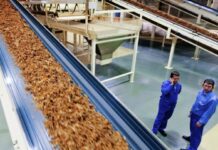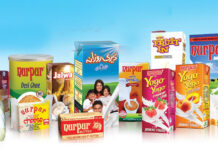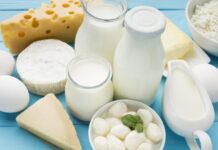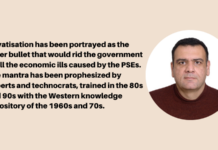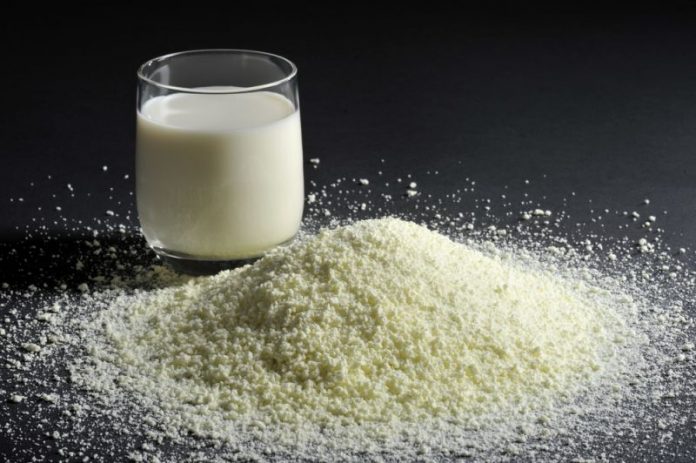The federal government has assured a review of the 18% sales tax on packaged milk following concerns from the Pakistan Dairy Association (PDA) that the tax has led to rising prices, declining sales, and increased reliance on unregulated loose milk.
According to a news report, the 18% general sales tax (GST) on packaged milk, tea whiteners, and powdered milk was introduced in the last budget to raise Rs50 billion in additional revenue. However, the tax has led to a 20% drop in sales since July, with another 14% decline expected in the second half of the fiscal year.
The price of packaged milk has increased by Rs70 per kg, reaching Rs350 per litre, making it the most expensive staple in the food basket.
Finance Minister Muhammad Aurangzeb gave this assurance during a meeting with PDA representatives on Thursday, where industry officials requested a tax reduction to 5%, in line with global standards.
The dairy industry highlighted Pakistan’s alarming malnutrition rates, pointing out that 40% of children under five suffer from stunting, while 54% of women and girls are anaemic.
Pakistan also ranks 109th on the Global Hunger Index, making affordable milk a critical necessity. The PDA cited surveys revealing that 64% of packaged milk consumers earn under Rs50,000 per month, a segment that falls below the income tax threshold.
The PDA challenged the finance minister’s earlier claim that packaged milk is consumed only by the wealthy, arguing that the tax has hurt middle- and lower-income consumers the most. The association also pointed out that Pakistan now has the highest tax on branded milk globally, while countries like the United States, Canada, Australia, UAE, Bangladesh, and India impose no tax on milk. In contrast, Sri Lanka charges 8%, the UK 9%, and Germany 7%.
Industry representatives further warned that the expected Rs50 billion in tax revenue may not materialise due to declining sales. The formal dairy sector has lost 20% of its milk supply to the unregulated market, forcing the closure of 500 milk collection centers and affecting 35% of formal dairy farmers, who are now shifting to the loose milk trade at a loss of Rs10-15 per litre.
The dairy industry is facing reduced capacity utilisation, with some processors operating at less than 50% and others below 30%, resulting in divestments and 20% job losses. Smaller businesses are already on the brink of collapse, while major players have started cutting advertising budgets to offset losses.
Acknowledging the industry’s concerns, the finance minister assured a review of the taxation policy, raising hopes for a potential revision in the sales tax on packaged milk.



